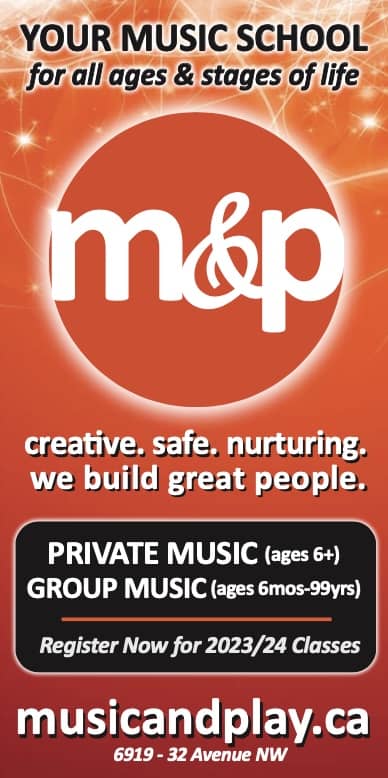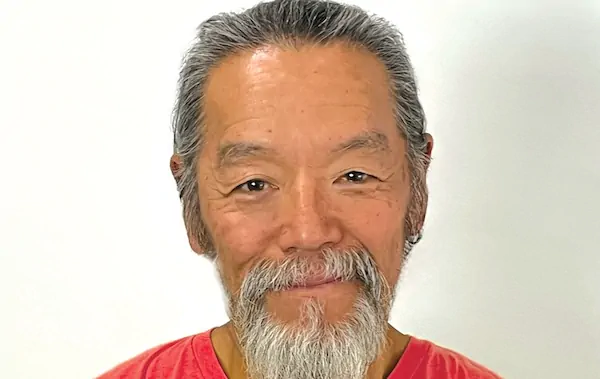 But How Do You Determine the Best Value in a School?
But How Do You Determine the Best Value in a School?
All music schools will tell you that they hire great staff, are passionate about what they do, have a great facility in a great location, and are the best at what they do – that’s called marketing. So, if everyone is great, what are some things to think about in choosing the best music education?
Let’s begin with the most common question – what is the right age to start? For children, it is not so much about age, but how – and if – the program is designed for their age. There are countless studies that show that sooner is better – not only for the development of musicality, but also for babies’ brain development and a variety of other benefits. There are also plenty of studies showing how music helps the seniors’ brain. So, the answer to the question, is that it’s never too late or too early to add music to your life.
Next is to take a critical look at the teaching environment and the teacher(s). If it’s a music school, is it truly focused on education or just on student numbers? Do the owners know about music; do they teach or perform professionally, and do they have the experience required to appropriately address the needs of your student? In addition, is their teaching environment suitable and focused on music education? With only 30 to 60 minutes of lesson time per week, a professional environment with professional teachers will produce the best results. In a ‘school style’ environment, students also grow by experiencing and interacting with peers at different levels and by being exposed to a variety of musical instruments. For education professionals, teaching is not just a hobby or sideline, but their career and a responsibility they take very seriously.
After classes or lessons, comes the issue of practicing. As with anything, improvement takes practice. One of the main challenges with music lessons is the perceived drudgery of practicing and the ‘discussions’ between parents and students about practicing at least five times a week. From a progress standpoint, the focus should be as much on quality as on quantity. Five days of long, unhappy practices are far less beneficial then three days of great, focused, happy practice. Your teacher should teach you how to practice and give ‘practice tips’ regularly. Overall, practice success comes down to committing to a schedule, focusing on outcomes instead of time, and praising and rewarding success.
Fourth, what materials does the studio use? Is it a one-size fits all approach regardless of a student’s interest? Are the materials age appropriate? There are many teachers who will swear by one curriculum but, just like students, there are programs that come in every shape and size. What works for a student today, may not work tomorrow as the student grows and evolves as an artist. Quality materials have been thoroughly researched, are continually upgraded and improved to make learning easier, and ensure that no important part of learning the instrument is left out.
Finally, and most importantly, is it fun? Yes, that’s right – learning music should be fun. Does the student actually enjoy going to class; do they get opportunities to play music regularly? Music is, and should be, something that everyone can enjoy for a lifetime so try not to put unrealistic expectations on yourself or your children. Everyone learns at a different pace and the key is to be able to enjoy the journey of growing through the arts – forever.






















